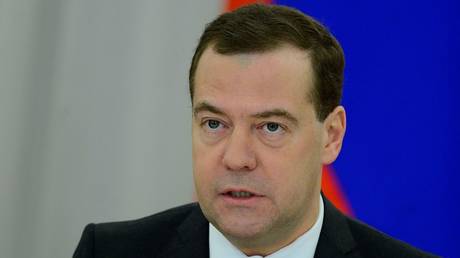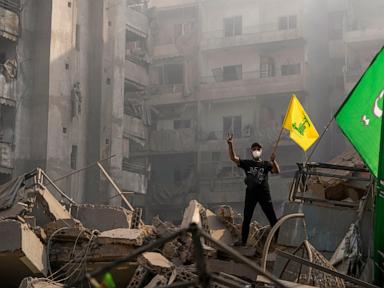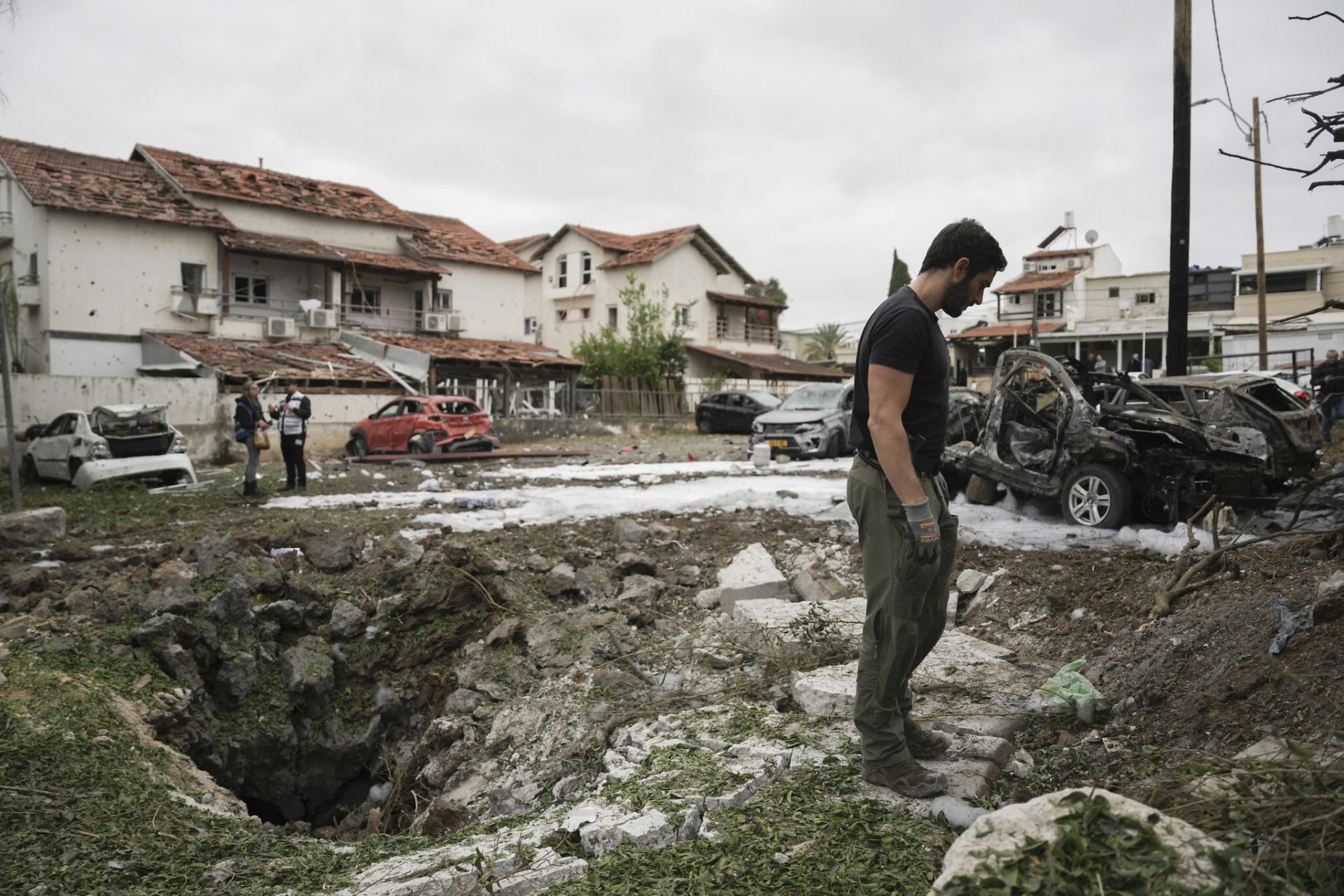ARTICLE AD BOX
The money will be focused on reconstruction and Kiev’s budget gap, according to the group’s statement
The Group of Seven (G7) leading economies on Saturday pledged to continue providing financial aid to Kiev while keeping up sanctions pressure on Moscow.
According to a joint statement of the G7 leaders following their online summit marking two years since the start of the Ukraine conflict, their current key priority is reconstruction and Kiev’s budget deficit.
“We will help Ukraine meet its urgent financing needs… We will continue to support Ukraine’s right to self-defense and reiterate our commitment to Ukraine’s long-term security,” the statement read.
The G7 leaders welcomed the EU’s recent approval of an emergency €50 billion ($54 billion) aid package through 2027, but called on Western allies to supplement it with additional support to close Ukraine’s remaining budget gap for the current year. The Ukrainian Finance Ministry estimated in December that fiscal needs for 2024 were $37.3 billion.
The group also noted that Kiev needs more private investments for post-conflict reconstruction, and said the issue would be addressed at the Ukraine Recovery Conference in Berlin later this year. According to the latest estimates, the total cost of reconstruction and recovery in Ukraine currently stands at $486 billion.
Meanwhile, the G7 also pledged to step up its sanctions pressure on Russia in order to “raise the cost of Russia’s war [and] impede its efforts to build its war machine.” The group warned of further steps aimed at tightening enforcement of the price cap on Russian oil so as “to limit Russia’s future energy revenues,” but did not elaborate on the details of the new measures. It also warned of additional secondary sanctions against third-countries that facilitate Russia in sanctions evasion.
Read more Former Russian leader threatens West with ‘revenge’
Former Russian leader threatens West with ‘revenge’
Meanwhile, many analysts have pointed to the fact that sanctions have failed to destabilize Russia, and have instead backfired on countries that imposed them. According to the latest official figures, Russia’s economy has expanded by 3.6% in 2023, outpacing both the US and EU, and is expected to grow further this year. Restrictions forced the country to reorient most of its trade to Asia, while many Western states have lost access to cheap Russian energy, which resulted in soaring inflation and cost-of-living crises.
The G7 also called on allies to step up efforts aimed at using Russia’s assets frozen abroad to aid Ukraine. The UK and US have been advocating an outright seizure of the funds and their transfer to Kiev, but that option currently lacks legal grounds. The EU, which holds roughly two-thirds of the frozen assets, recently approved a plan to seize the earned interest, but stopped short of confiscating the funds themselves.
Moscow has repeatedly denounced the freezing of its assets as illegal, while many politicians and analysts across the globe have warned that tapping the funds would jeopardize the credibility of the Western financial system and its main currencies, the euro and the dollar.
.png)
 8 months ago
7
8 months ago
7








 English (US)
English (US)